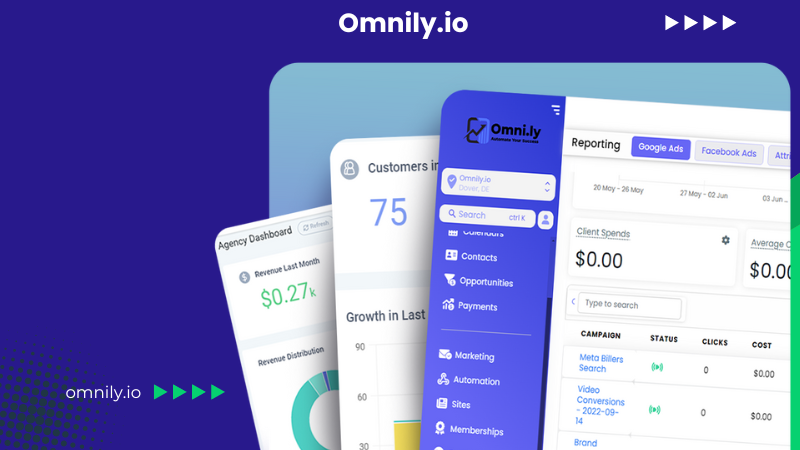Best Practices for CRM Data Cleanup in Omnily.io
In the era of digital transformation, where customer information is gold, maintaining clean and up-to-date CRM data has become more crucial than ever. It not just facilitates better decision-making but also enhances customer experience significantly. Omnily.io CRM emerges as a premier solution, offering a plethora of expert services designed to not only elevate your business but also streamline your marketing efforts. This article delves into the best practices for keeping your CRM data clean and up-to-date with Omnily.io, ensuring your business is positioned for success in the competitive landscape.
Benefits of CRM Data Cleanup in Omnily.io
Before diving into best practices, it’s imperative to understand the manifold benefits of CRM data cleanup in Omnily.io. First, it significantly improves the quality of your data, ensuring that every decision you make is fueled by accurate and timely information. This leads to optimized marketing strategies, effective sales pitches, and, ultimately, an enhanced ROI. Furthermore, clean data can lead to better customer segmentation, allowing personalized marketing efforts and a more focused approach to customer service. With Omnily.io, these benefits are just the tip of the iceberg, as its sophisticated features make data cleanup not just necessary but seamlessly efficient.
Features of Omnily.io for Data Cleanup
Omnily.io stands out with its robust suite of features tailored for data cleanup. One of the most pivotal features is its AI-powered duplicate detection and merging tool. This tool not only identifies redundant information but also suggests the best course of action to merge these duplicates, ensuring your database is streamlined and efficient. Additionally, Omnily.io offers sophisticated data validation functionalities. It automatically validates email addresses, phone numbers, and postal codes, ensuring the information your database houses is accurate and reliable. These features collectively make Omnily.io a powerhouse for maintaining pristine CRM data.
Best Practices for CRM Data Cleanup in Omnily.io
Adopting best practices for CRM data cleanup in Omnily.io ensures that you fully leverage its capabilities for the benefit of your business. Establishing a routine for regular data audits is a cornerstone practice. Consistently reviewing your database helps identify inaccuracies, duplicates, and outdated information that need addressing. Moreover, implementing a standardized data entry protocol minimizes the risk of errors and inconsistencies at the source. Training your team on these protocols and the automatic features of Omnily.io ensures everyone contributes to the maintenance of clean data. Finally, leveraging Omnily.io’s reporting tools to monitor the health of your CRM database regularly can guide informed decisions on data management strategies going forward.
Real-world Applications and Case Studies
To illustrate the impact of clean CRM data, consider a real-world application where a company leveraged Omnily.io to overhaul its marketing strategy. Plagued by low engagement rates and poor customer retention, the company utilized Omnily.io’s data cleanup features to rectify their issues. By identifying and merging duplicate records and validating customer information, the company could segment its audience more effectively. This led to more personalized marketing campaigns, resulting in a 25% increase in customer engagement and a notable uplift in retention rates. Such success stories underscore the transformative potential of Omnily.io in harnessing clean, actionable CRM data for business excellence.
In conclusion, maintaining clean and up-to-date CRM data is not a mere administrative task but a strategic imperative in today’s data-driven business landscape. Omnily.io offers the cutting-edge tools and features necessary for this task, transforming it from a daunting challenge into a streamlined, manageable process. By embracing the best practices outlined above, businesses can unlock the full potential of their CRM data, driving marketing efficiency, sales success, and, ultimately, sustainable growth.


